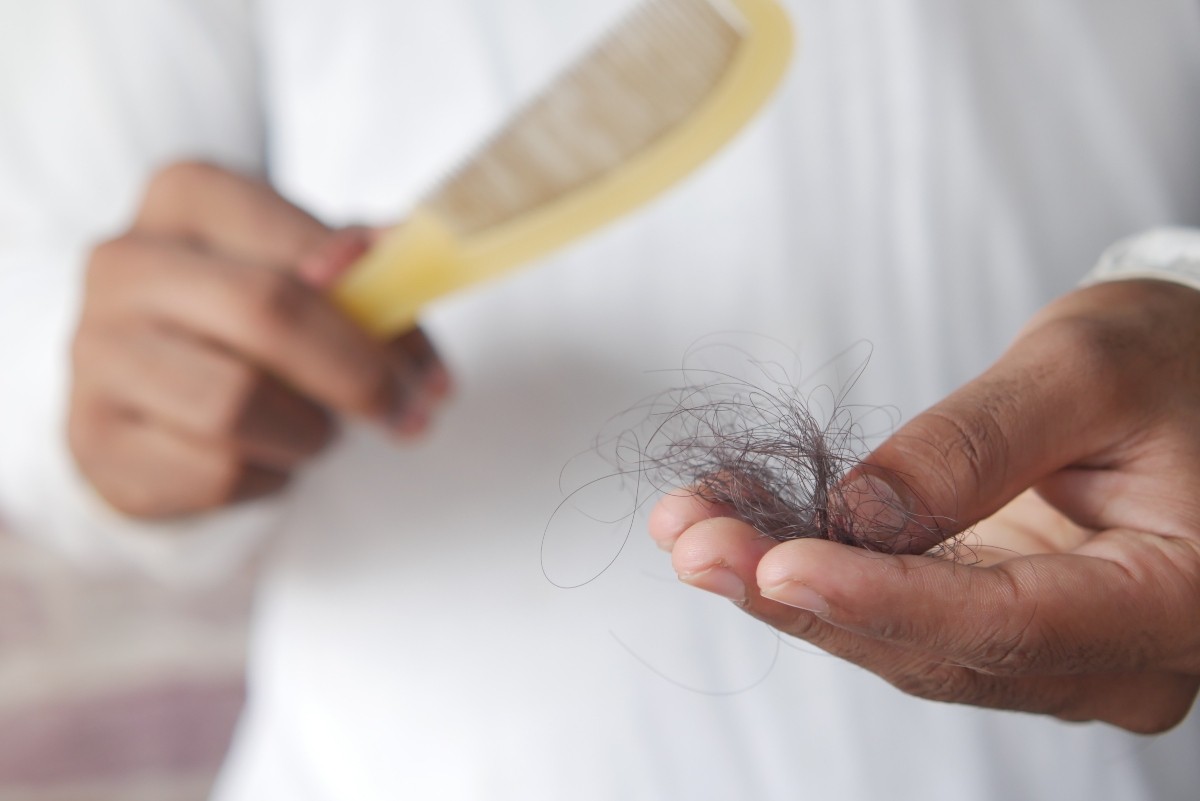Health
New clinical trial drug restored hair of people with alopecia

WHAT YOU NEED TO KNOW:
- Concert Pharmaceuticals developed a new drug that can restore the hair of patients suffering from alopecia areata in clinical trials.
- Alopecia areata is a skin disease that causes hair loss, affecting 2% of people.
- Eli Lilly and Company is expected to request FDA approval of its own drug soon.
Concert Pharmaceuticals developed a new drug that could restore a nearly full head of hair for some people suffering from alopecia areata, according to clinical trial results released Monday.
Alopecia areata, the second most common type of alopecia, is a skin disease that leads to hair loss in about 2% of the population — that’s more than 6 million people in the US.
The disease makes one’s immune system attack the hair follicles, causing complete hairloss or in patches. Hair follicles can grow back naturally over months or years, but there’s no treatment approved for alopecia.
The Massachusetts-based Concert Pharmaceuticals is one of a few pharmaceuticals developing treatments for the disease.
Concert’s first of two Phase 3 clinical trials tested CTP-543, a twice-daily pill. Results showed significant hair regrowth in about 30–40% of participants who used the drug. The clinical trial also created a medium-dose and high-dose group, as well as an inactive placebo group.
More than 25% of volunteers saw at least 80% hair coverage by the end of the 24-week study, the drug company said.
“Eighty percent is a lot. I’d take that,” alopecia advocate Thea Chassin, founder of Bald Girls Do Lunch, who was not involved in the clinical trial said “It’s very important to recognize that some hair growth, if it was a lower number like 20 or 30%, that’s some hair but it’s not a hairdo.”
Concert’s drug could be eligible for approval by the Food and Drug Administration in 2023 if the results from the second Phase 3 trial are also promising.
A bigger drug company, Eli Lilly and Company, is set to ask for approval of its own alopecia areata treatment drug in the coming weeks.
Eli Lilly has reported similarly positive results from Phase 3 trials of its pill baricitinib. Currently, baricitinib is authorized for the treatment of rheumatoid arthritis (RA). In RA, immune cells begin attacking healthy cells — joints in the case of arthritis, or follicles in alopecia.
People with severe alopecia areata may also lose hair on their bodies and faces — including eyelashes and nose hairs.
Source: INSIDER
